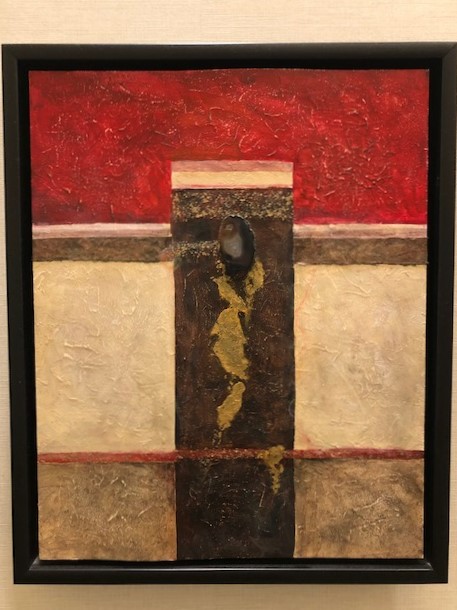
Have a Trust or Use Payable-On-Death Account to Pass Wealth?- People use trusts and payable-on-death (POD) accounts to avoid having assets pass through probate. Nevertheless, trusts have several benefits to consider, explains a recent article from The Oregonian: “Liz Weston: What are benefits of living trusts over cheaper payable-on-death accounts?”
Imagine you want to benefit two loved ones and want them both to receive the same size inheritance. You create a savings account naming one person as a joint owner with the POD account. For the second, you open a brokerage account and name the other person as the account's beneficiary. The balances in both accounts may start out the same, but one may grow significantly over time while the other lags in value.
If the assets were placed in a trust, you could simply name both people as beneficiaries to receive equal shares, regardless of where the assets are placed.
Trusts also allow the grantor (the person creating the trust) to restrict when assets are distributed and even how the money is spent. If the trust is created to benefit a minor child, for example, you can direct the trust to distribute money for the child's health, welfare and education. If your beneficiary isn’t good at managing money, a trustee can be empowered to control the amount of money being distributed so it doesn’t vanish.
If one of your heirs is disabled and receives financial support from government programs, any inheritance could make them ineligible to receive benefits. In this case, you’d want to create a Special Needs Trust with an experienced estate planning attorney who would structure the trust to protect their eligibility and improve their quality of life.
Have a Trust or Use Payable-On-Death Account to Pass Wealth?
Another benefit: if you become incapacitated, having a trust and a successor trustee means someone else can manage funds for you. They could pay your bills for you, for example, whereas someone named in a POD account can’t access funds until you have died. Your family may have to go to court to get access to the funds to pay for your living expenses, which takes time and can be costly.
Your last will and testament names an executor, the person responsible for administering your estate. This includes paying outstanding bills, taxes and funeral expenses, among other tasks. If all your assets are distributed to beneficiaries using POD accounts, the executor may have to ask beneficiaries to pay for the estate’s expenses. The POD beneficiaries are under no legal requirement to pay for your final expenses, which could create an unpleasant situation for the executor. A trustee could cover these costs for your estate and executor.
POD accounts sound like a good idea. However, they can lead to unexpected problems for family members. A better alternative is to consult an estate planning attorney and create an estate plan, including a will and trust, to protect you, your executor and your family.
Schedule your phone consultation: THE LAW OFFICES OF CLAUDE S. SMITH, III
Have a Trust or Use Payable-On-Death Account to Pass Wealth?
Reference: The Oregonian (Oct. 5, 2024) “Liz Weston: What are benefits of living trusts over cheaper payable-on-death accounts?”
Legal problems are extremely stressful, especially when your family, your health, or your freedom are at stake. At this point in time, you may not even be sure what kinds of questions you need to ask a lawyer, but that’s entirely normal. Whether your situation involves family law, estate planning, elder law, a criminal charge, or a personal injury, we will start by giving you all the information you need.
The way we see it, you deserve to get this information directly from an expert. That’s why we make it easy for you to get in touch with your lawyer, and we never ask you to sit down with a paralegal or assistant instead.
As our relationship continues, we will keep you updated about the status of your case every step of the way. Your lawyer will reach out regularly to tell you about any new developments, and he will also be happy to answer any questions you have throughout the process.
